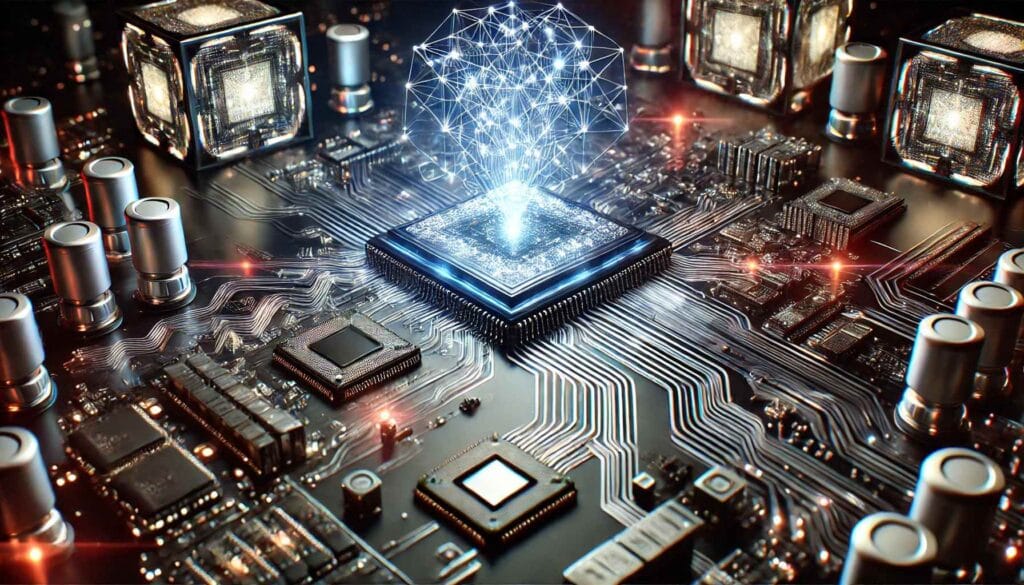The Role of Artificial Intelligence in Strengthening Quantum Computing Infrastructure

Quantum computing is a rapidly advancing field with the potential to revolutionize industries ranging from cryptography to drug discovery. However, one of the key challenges faced by researchers and developers is the complexity and sensitivity of quantum systems. To address these challenges, Artificial Intelligence (AI) is playing an increasingly important role in strengthening the infrastructure of quantum computers. AI technologies are being utilized to enhance both hardware and software components of quantum computing systems, making them more efficient, reliable, and scalable.
1. Optimizing Quantum Algorithms
AI can help optimize quantum algorithms by providing tools for fine-tuning and improving the efficiency of quantum circuits. Machine learning techniques are used to predict the outcomes of quantum experiments, enabling researchers to optimize algorithmic steps and reduce computational overhead. This process can lead to faster convergence and better performance in solving complex problems.
2. Error Correction and Mitigation
Quantum computers are highly susceptible to errors due to decoherence and noise in quantum states. AI algorithms can be leveraged to identify patterns of errors and implement correction methods to ensure the reliability of quantum computations. Machine learning models are capable of predicting potential errors in quantum hardware and dynamically adjusting parameters to mitigate these issues.
3. Quantum Hardware Design and Improvement
AI tools are being used to design and improve quantum hardware, including quantum processors and other critical components. By utilizing AI-based simulations and optimization methods, researchers can design quantum devices with more accurate and stable qubits. AI also helps in predicting the performance of quantum hardware under various conditions, ensuring better scalability and efficiency.
4. Quantum Control and Calibration
Effective control and calibration of quantum systems are essential for their functionality. AI systems can assist in the real-time calibration of quantum devices by automatically adjusting control parameters to ensure that quantum operations remain within acceptable thresholds. This approach improves the consistency and precision of quantum computations.
5. AI-Driven Quantum Simulation
AI has also made significant strides in quantum simulations. Machine learning algorithms are used to simulate quantum systems that are too complex to model directly with traditional methods. These simulations allow researchers to explore new quantum phenomena and design novel quantum algorithms that can be implemented on quantum computers.
6. Integration of Quantum Computing with AI
There is an ongoing effort to integrate quantum computing and AI, creating hybrid systems that leverage the strengths of both technologies. Quantum computers have the potential to accelerate AI training processes, particularly in areas such as optimization and pattern recognition, by handling large datasets and complex calculations that are difficult for classical computers. Conversely, AI can enhance quantum algorithms by providing real-time feedback and optimization during quantum computing tasks.
Conclusion
The intersection of AI and quantum computing holds immense promise for enhancing the performance, reliability, and scalability of quantum systems. As both fields continue to evolve, the synergy between AI and quantum computing infrastructure will pave the way for groundbreaking advancements across various scientific and technological domains. The integration of AI into quantum computing is not only making quantum systems more practical and accessible but also accelerating the realization of their transformative potential.
Source : Medium.com




